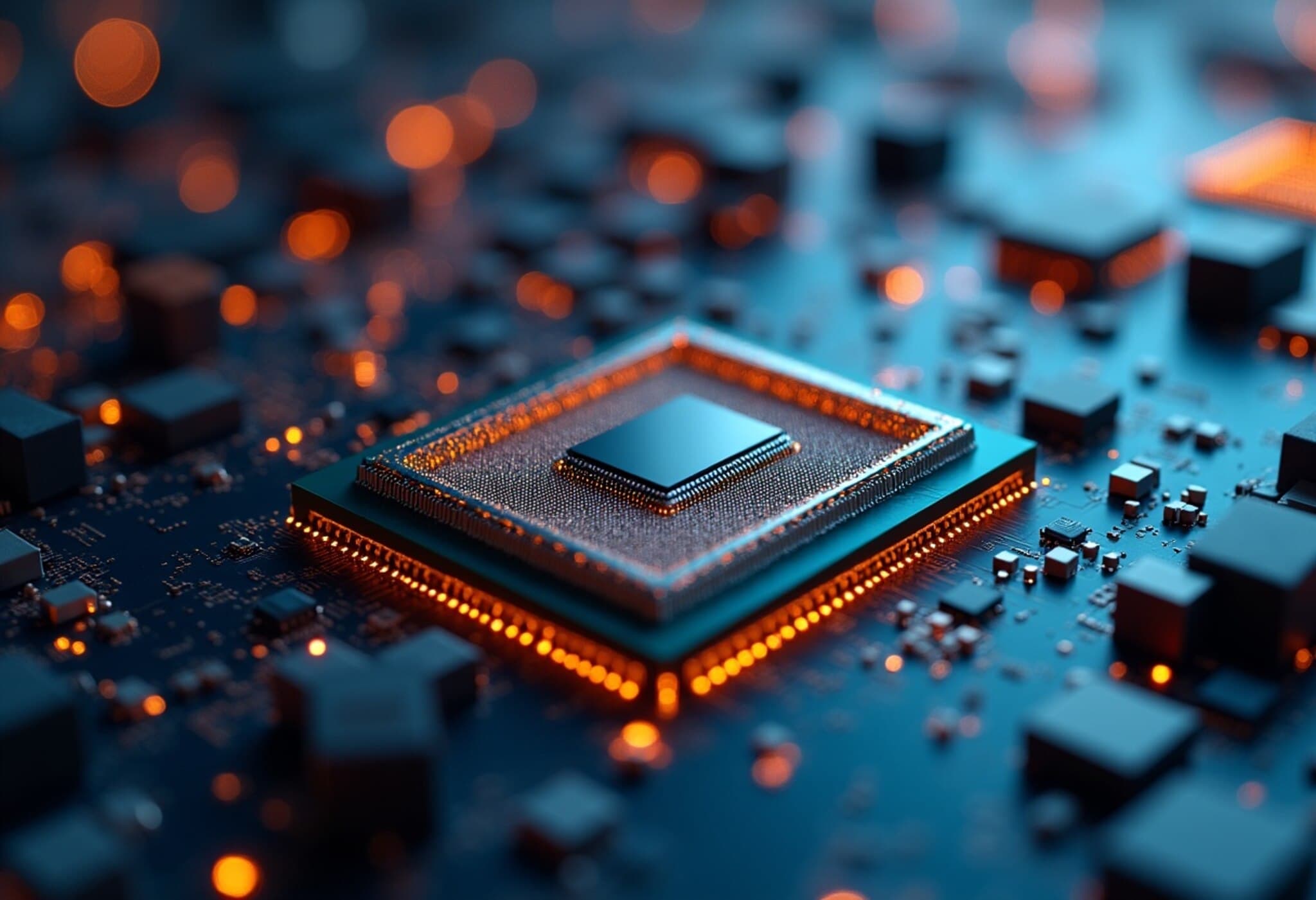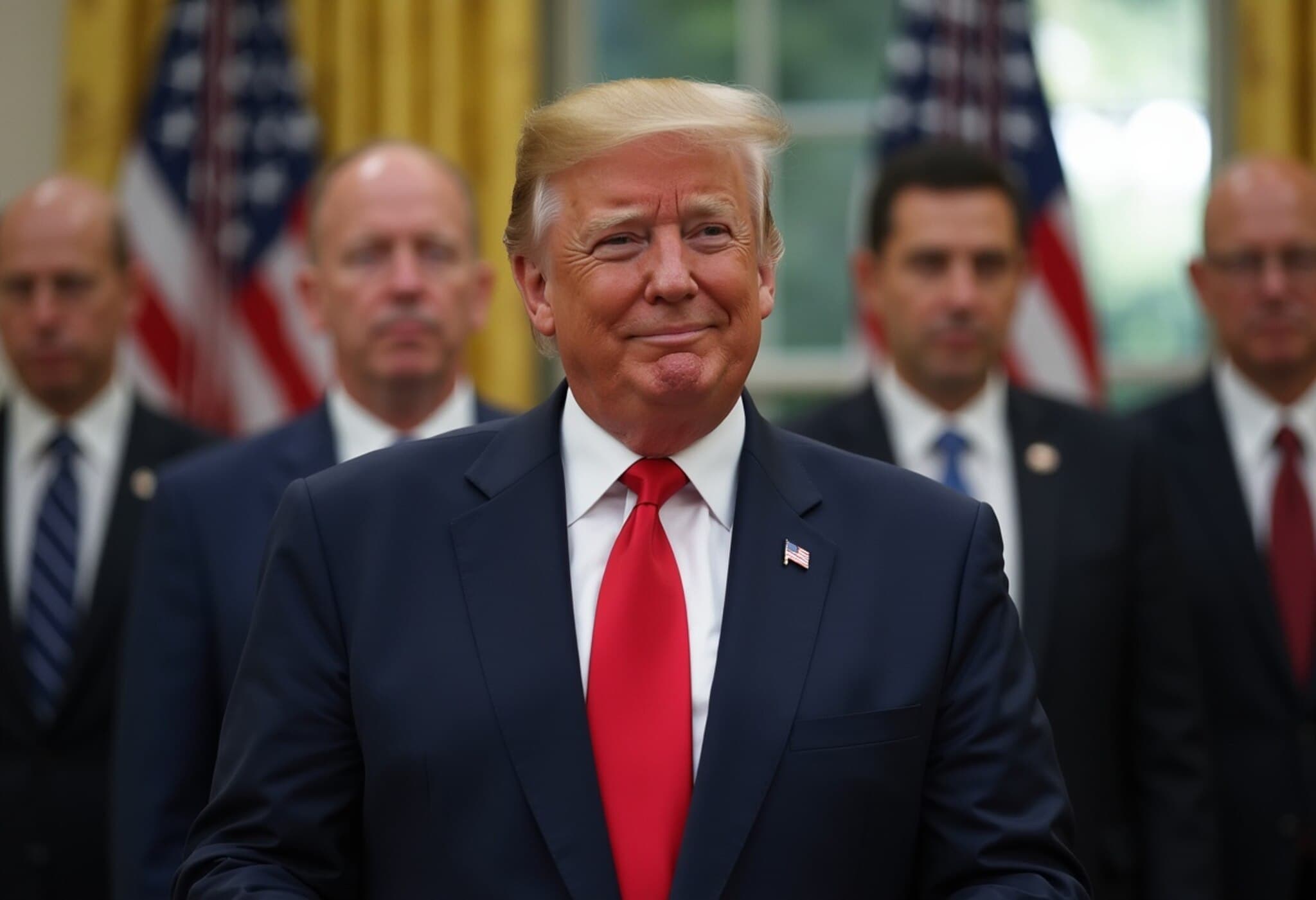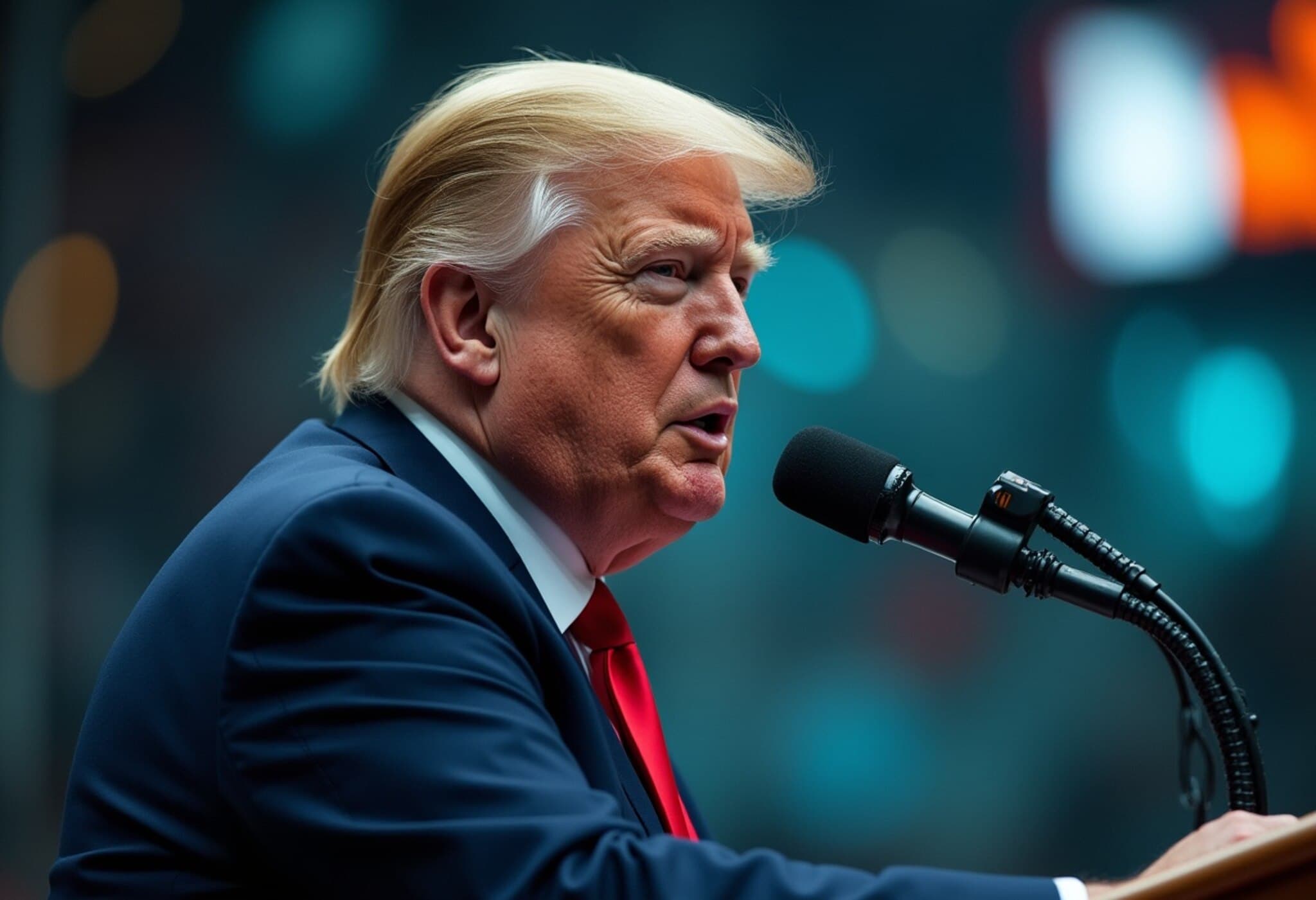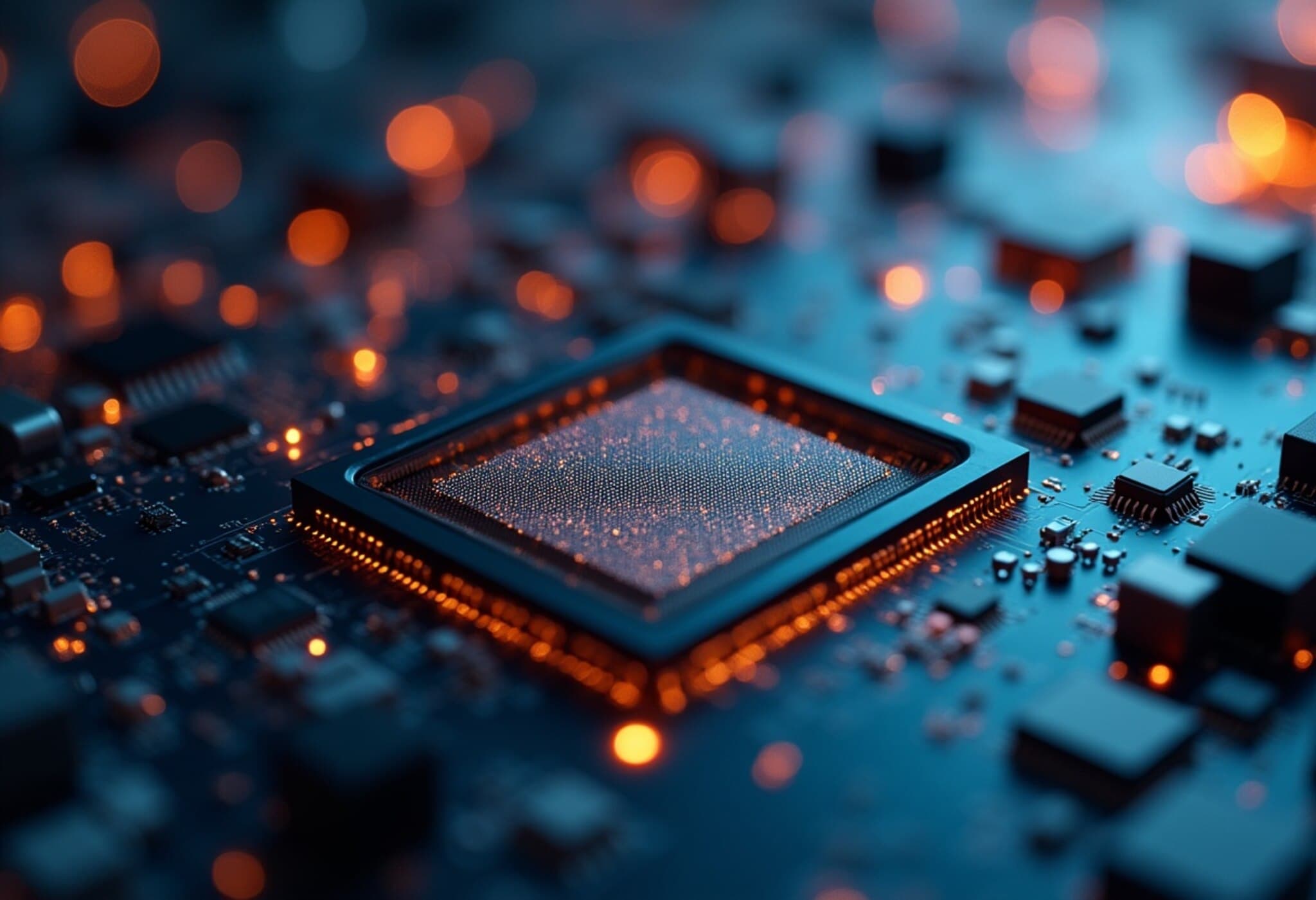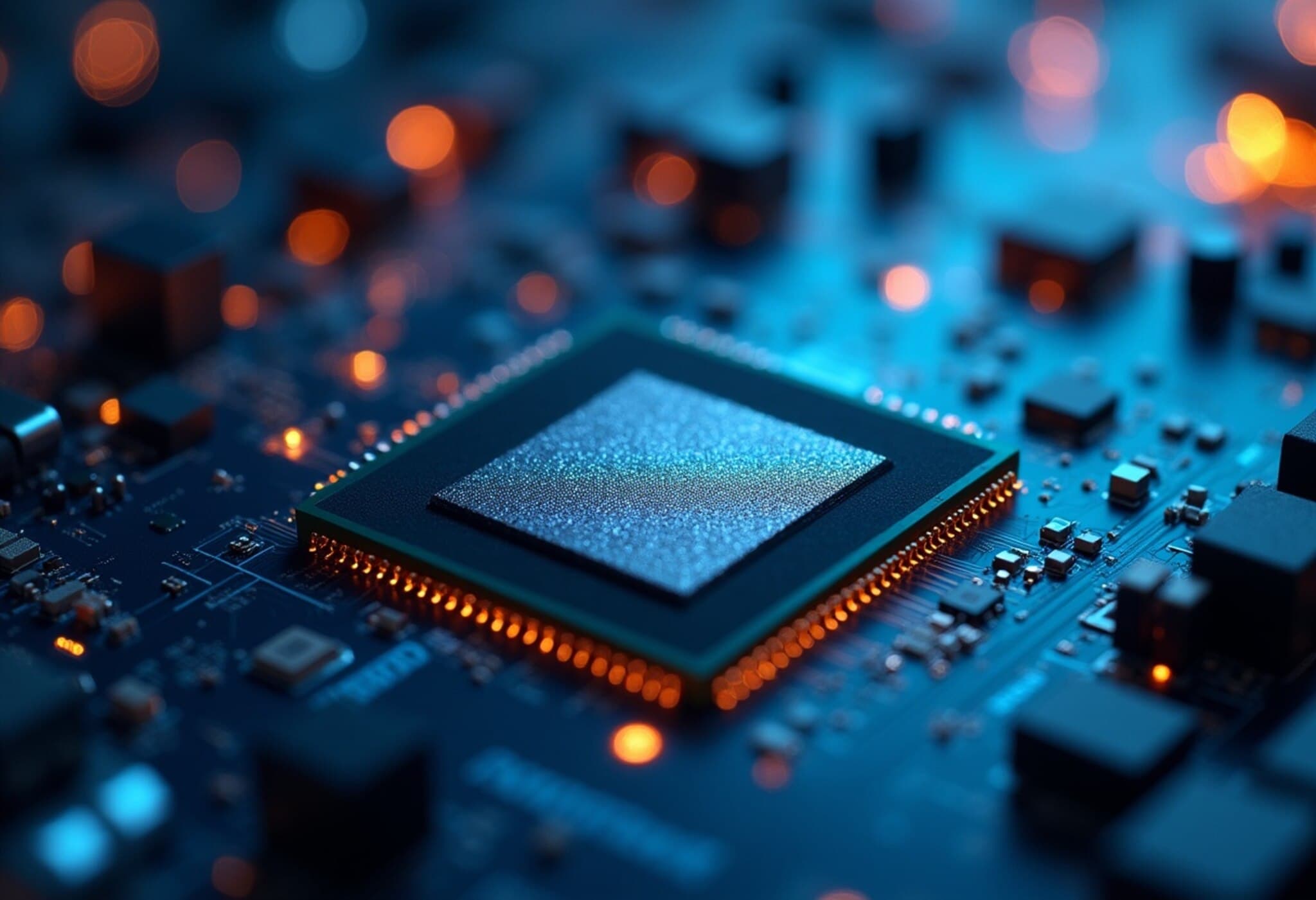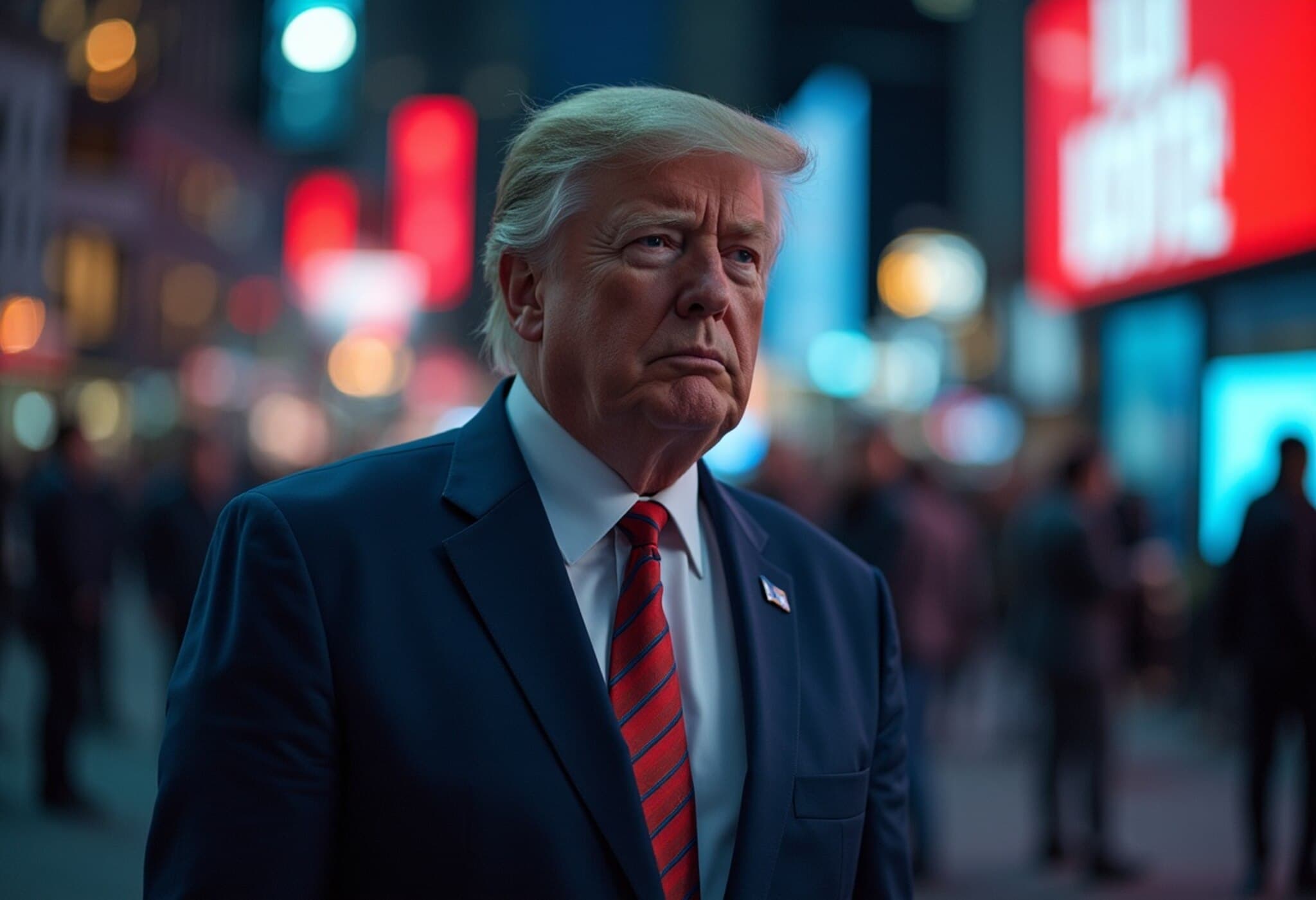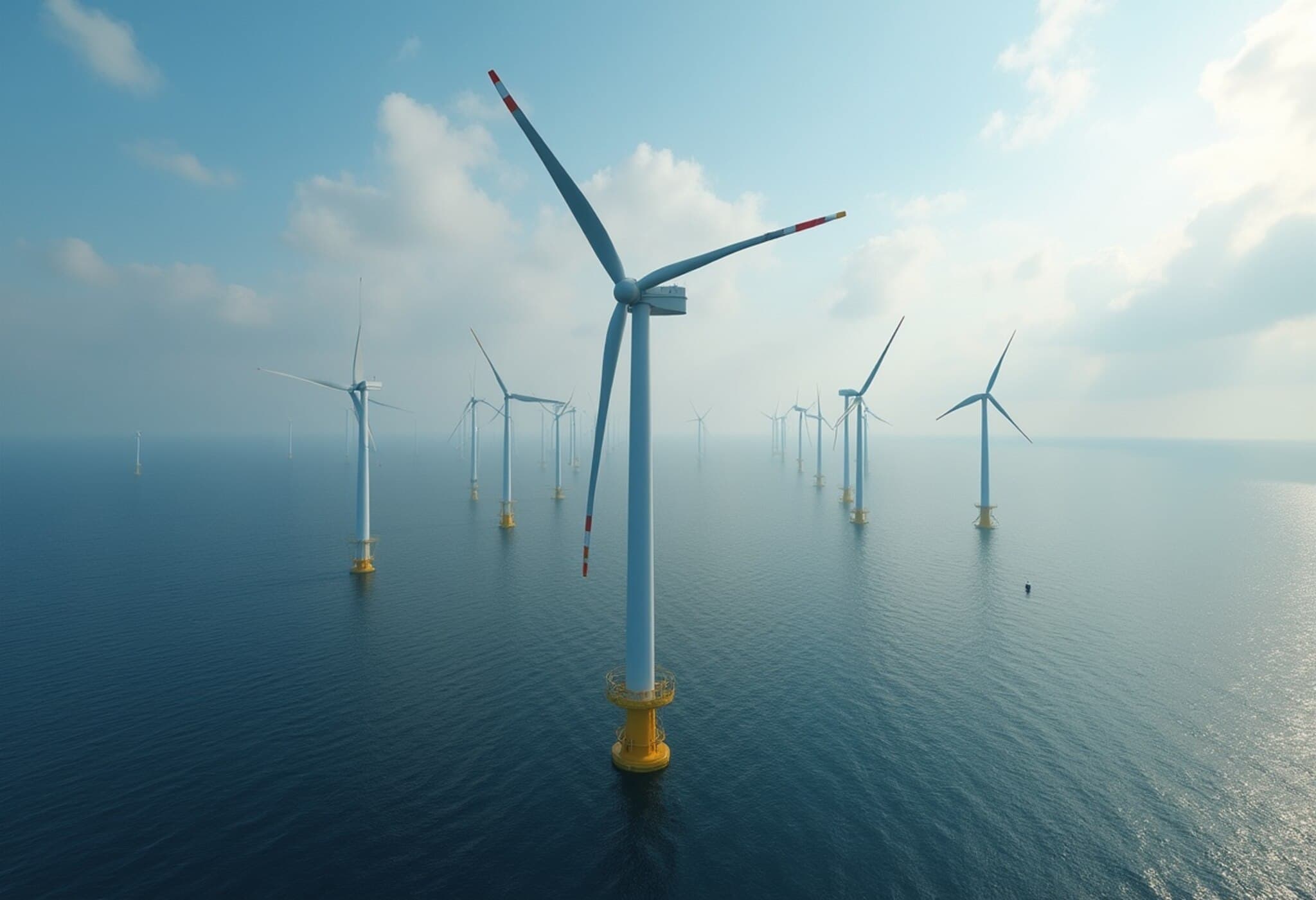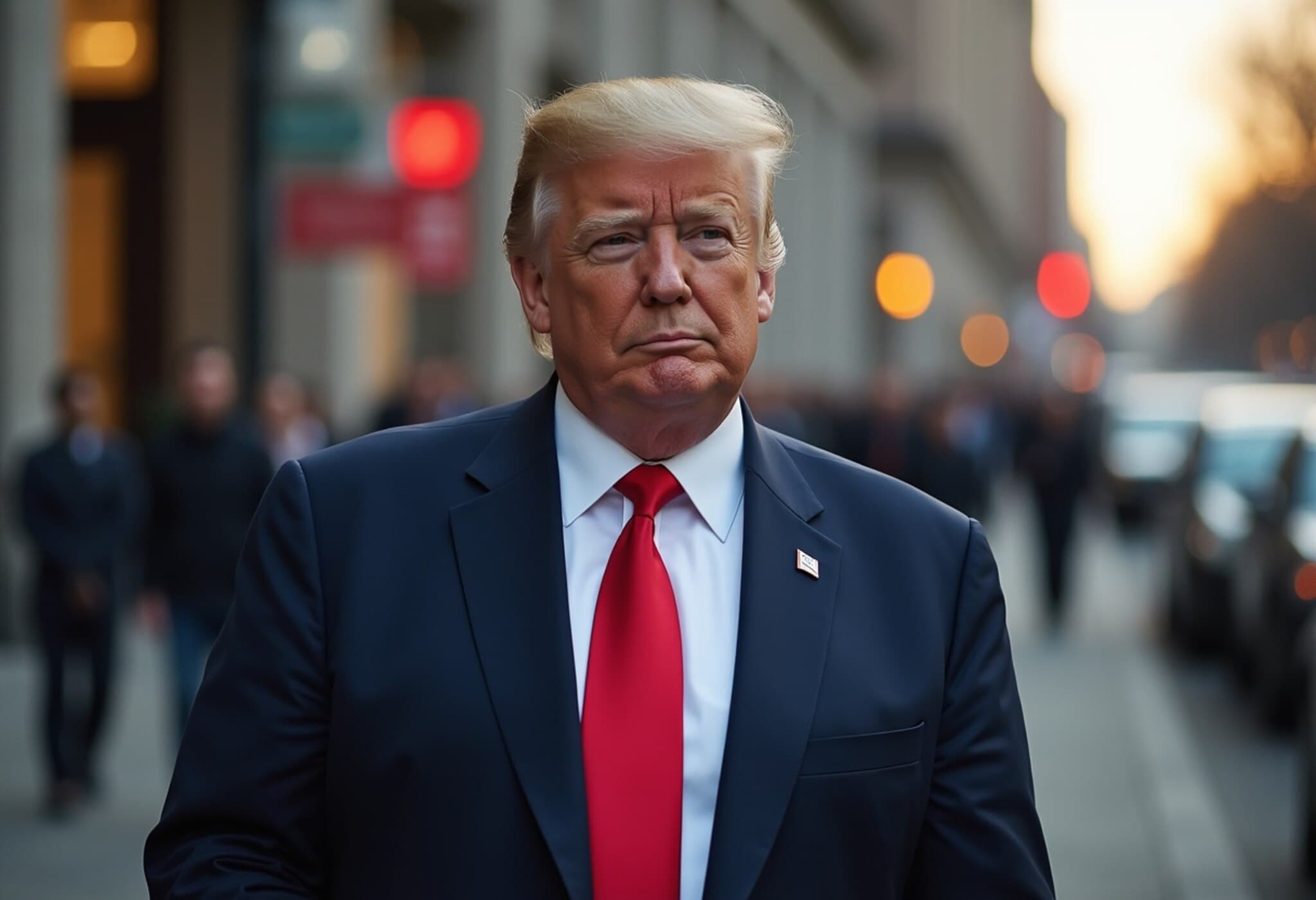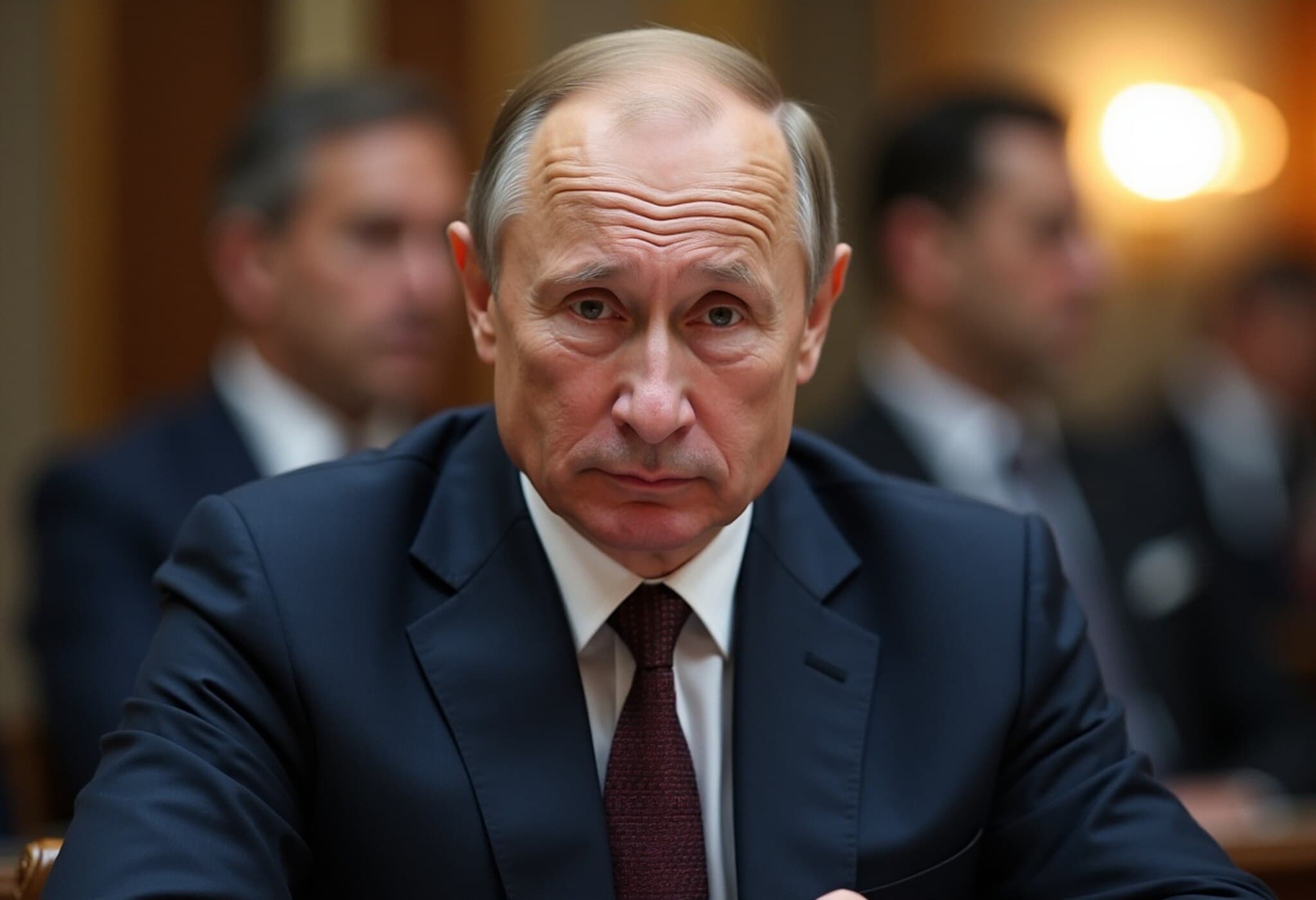Inside the Battle Over Trump's Proposed 100% Semiconductor Tariffs
In August 2025, President Donald Trump shook the global semiconductor industry by proposing a staggering 100% tariff on imported chips entering the United States. This bold move has ignited fervent speculation about its true scope and implementation—will the tariffs target raw chips directly, or only finished products like smartphones and laptops? And crucially, how much manufacturing must be done on American soil to avoid these duties?
Trump’s own comments have provided a glimpse of relief for many tech giants: companies that are building or have committed to building production facilities in the U.S. reportedly won’t face these tariffs. This carve-out has spurred a flurry of investment pledges by major semiconductor players, hoping to not only mitigate the financial impact but also to anchor themselves as key contributors to America's chip sovereignty.
Major Chipmakers and Their U.S. Strategies
TSMC: Betting Big on U.S. Soil
As the world’s largest chip manufacturer, Taiwan Semiconductor Manufacturing Company (TSMC) is doubling down on its U.S. presence with a groundbreaking investment commitment of $165 billion. This combines an ongoing $65 billion facility in Phoenix, Arizona, with a recent $100 billion expansion plan announced in March 2025. Investors have responded positively, pushing TSMC’s shares up nearly 5% in Taiwanese markets, reflecting confidence that substantial local manufacturing shields the company from the new tariffs.
Samsung: Strengthening U.S. Footprint in Texas
South Korean tech giant Samsung runs sizeable production operations in Austin, Texas, and has signaled billions more in forthcoming investments. Notably, Samsung recently secured a contract to manufacture Apple’s iPhone image sensors at its Texas facility, underscoring its strategic pivot toward deeper U.S.-based production. With its dual role as chipmaker and supplier, Samsung’s shares gained traction in South Korean markets amid discussion of tariff protection.
GlobalFoundries: A U.S.-Based Tariff Beneficiary
Headquartered in the U.S., GlobalFoundries saw its shares soar nearly 10% in premarket trading, buoyed by expectations to benefit from tariff protections. Unlike cutting-edge players like TSMC, GlobalFoundries specializes in mature chip technologies used widely across automotive, industrial, and consumer electronics sectors. The company’s recent announcement of an expanded collaboration with Apple, coupled with plans to accelerate investment at its Malta, New York plant, further cements its position as a key domestic semiconductor player in the tariff era.
SK Hynix: Navigating Tariffs Through Expansion
Another South Korean firm, SK Hynix, produces vital high-bandwidth memory chips for Nvidia and recently disclosed a near $1 billion expansion in the U.S. This strategic move aligns with the broader industry trend to anchor production stateside. SK Hynix’s shares experienced modest gains, illustrating market optimism around its tariff-mitigating strategies.
Nvidia: Taking Advantage of Local Manufacturing Partnerships
Nvidia, a dominant player in AI and GPU semiconductors, announced plans to manufacture up to 40% of its products in the United States over the next four years through partnerships with firms like TSMC. The rollout of its Blackwell AI chips at TSMC’s Phoenix factory symbolizes the company’s proactive approach to circumvent tariff pitfalls and underscores the increasing intertwining of American manufacturing with global supply chains.
Apple: A Tech Titan Accelerating U.S. Chip Production
While primarily known as a device maker, Apple’s foray into chip design makes it a critical player in this tariff discussion. CEO Tim Cook revealed Apple will inject an additional $100 billion into U.S. suppliers and manufacturers over four years. This commitment supports an estimate that Apple’s U.S.-based supply chain will produce over 19 billion chips this year alone, including components crafted at TSMC’s Arizona plant. Apple’s stock responded enthusiastically, climbing over 3% in early trading after a 5% surge the previous day.
What This Means for U.S. Chip Manufacturing and Global Trade
The rhetoric around tariffs reflects broader geopolitical and economic goals: fortifying America’s position in an industry essential to national security and technological leadership. However, the scale of investments required and the complexity of semiconductor supply chains challenge companies to balance near-term costs with long-term strategic advantages.
Experts argue that while tariffs could incentivize reshoring of chip production, they may also trigger global supply chain disruptions, increase end-product prices, and strain U.S.-allied relationships. The real question remains how regulatory bodies will refine tariff rules, precisely defining what level of ‘U.S. manufacturing’ qualifies for exemptions.
Underreported Perspectives
- Workforce Challenges: Scaling chip manufacturing in the U.S. demands skilled talent — a scarcity that could slow growth.
- Environmental Impact: Expanding fabs is resource-intensive, raising concerns over sustainability in local communities.
- Smaller Players: Startups and mid-sized firms could face disproportionate hurdles compared to giants like TSMC and Samsung.
Editor’s Note
As the semiconductor tariff debate unfolds, one thing is clear: the chip industry stands at a pivotal crossroads shaped by policy, economics, and technological imperatives. The massive investment pledges showcase a willingness to meet America’s call for onshore manufacturing, yet critical questions linger about implementation details and unintended consequences. Will these tariffs accelerate U.S. semiconductor self-reliance, or will global market dynamics resist such protectionist moves? Observers and stakeholders alike will be watching closely as this high-stakes chess game continues to evolve.

